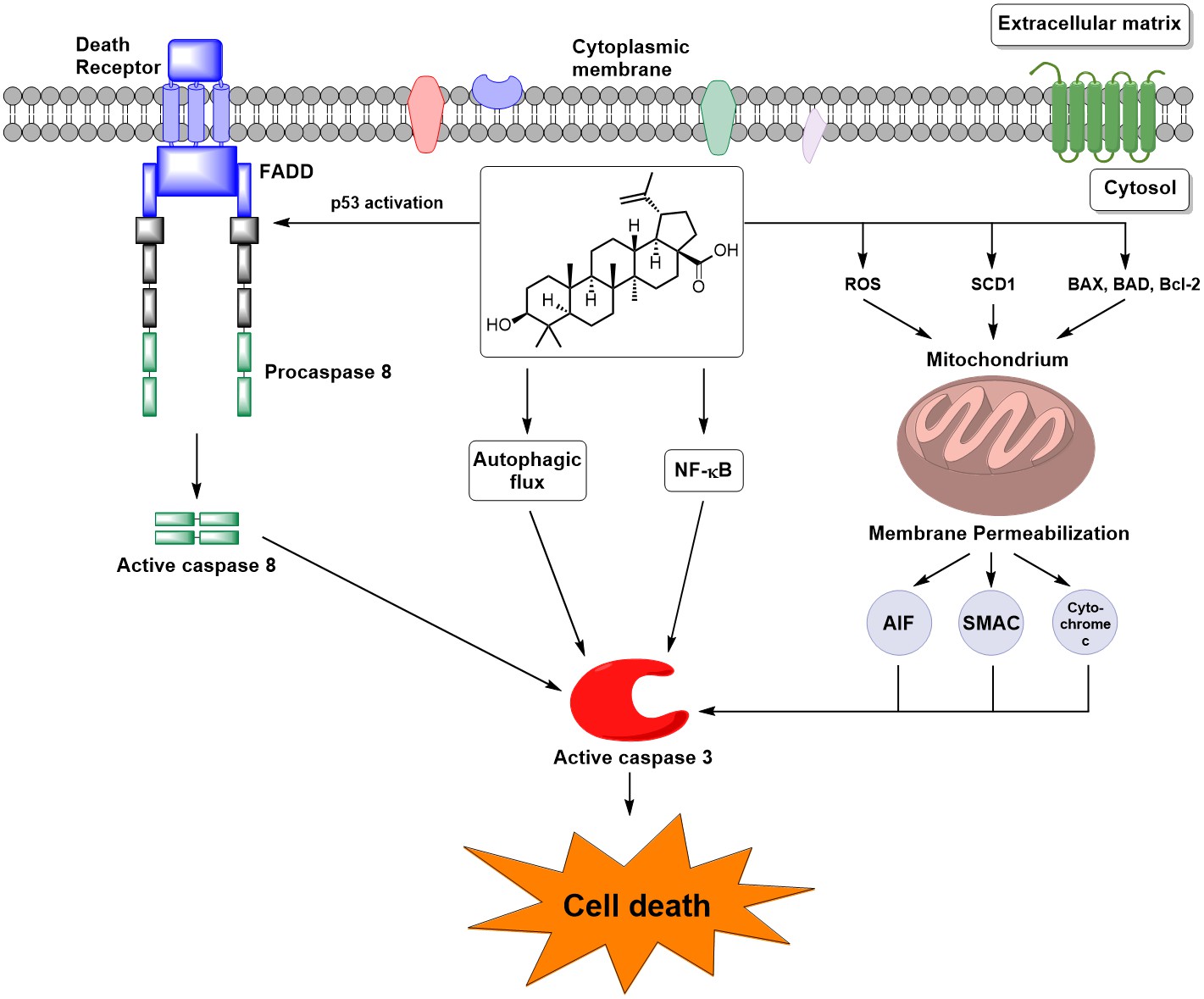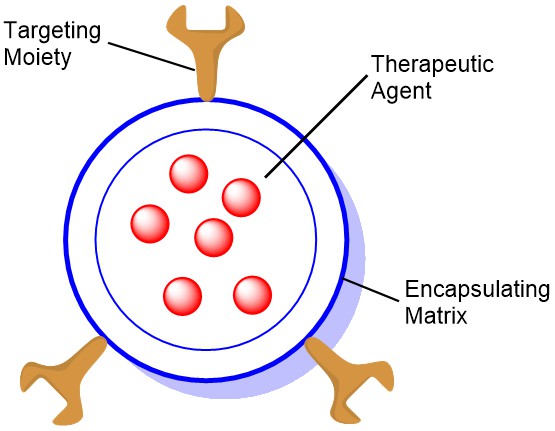Welcome to Iris Biotech
For better service please confirm your country and language we detected.

For better service please confirm your country and language we detected.

Thank you very much for your interest in our products. All prices listed on our website are ex-works, Germany, and may attract customs duties when imported.
You may/will be contacted by the shipping company for additional documentation that may be required by the US Customs for clearance.
We offer you the convenience of buying through a local partner, Peptide Solutions LLC who can import the shipment as well as prepay the customs duties and brokerage on your behalf and provide the convenience of a domestic sale.
Continue to Iris Biotech GmbHSend request to US distributorPublished on 11/02/2020

Betulinic acid has been connected to various types of anti-cancer effects. The exact mechanisms of its cytotoxic activity have not been elucidated yet, but several potential pathways have been identified that may lead to programmed cell death in cancer cells. BA has been shown to induce apoptosis (type I programmed cell death), e.g. by mitochondrial membrane permeabilization, or by modulation of NF-κB activity. Moreover, BA is able to promote autophagy in certain types of cancer cells (type II programmed cell death), for example by inhibiting the PI3K–AKT–mTOR pathway. Which pathway eventually leads to programmed cell death is believed to depend on cancer and cell type. BA has also been reported to downregulate and inhibit certain matrix metalloproteinases which are essential for angiogenesis and metastasis, thereby slowing cancer progression. Lastly, betulinic acid is believed to have a chemosensitizing effect, which may be important to overcome resistance of cancer cells to chemotherapy. Remarkably, betulin and betulinic acid do not seem to affect normal cells, which has been demonstrated in various cell lines.

Lupane pentacyclic core structure (A), structures with numbering of Betulin (B) and Betulinic acid (C).
Additionally, betulins have been shown to exhibit anti-bacterial, anti-viral, anti-malarial, anti-inflammatory, anthelmintic, anti-fibrotic, anti-nociceptive, immunomodulatory and anxiolytic properties. Due to these properties, various formulations containing betulin, betulinic acid or derivatives thereof have entered clinical trials. One example is Bevirimat, an anti-HIV drug derived from betulinic acid. Therefore, betulins are interesting compounds for pharmaceutical research and development. Due to their lipophilic nature, natural betulins have a rather low water solubility and bioavailability. Consequently, many derivatives have been developed that increase water solubility and pharmacokinetics. Other modifications allow for the selective attachment of targeting ligands or other moieties.

Betulinic acid may promote programmed cell death via multiple pathways.

Common composition of a carrier for targeted drug delivery.
Iris Biotech now offers natural betulin and betulinic acid, as well as an array of various derivatives that exhibit increased water solubility, or allow for regioselective functionalization. Among our range of betulins are completely novel compounds that have not been described in the literature so far.
→ Find the full range of our betulin derivatives on our website in the category Life Sciences
LSB3001 Betulin
LSB5008 Betulinic acid
LSB2015 Betulinic acid N-(propargyl)amide
LSB7020 28-(Poc-amino)betulin
LSB1016 N-(2-Azidoethyl)betulonamide
LSB3040 2,3-Indolobetulin
LSB2017 Betulinic glycine amide
References: